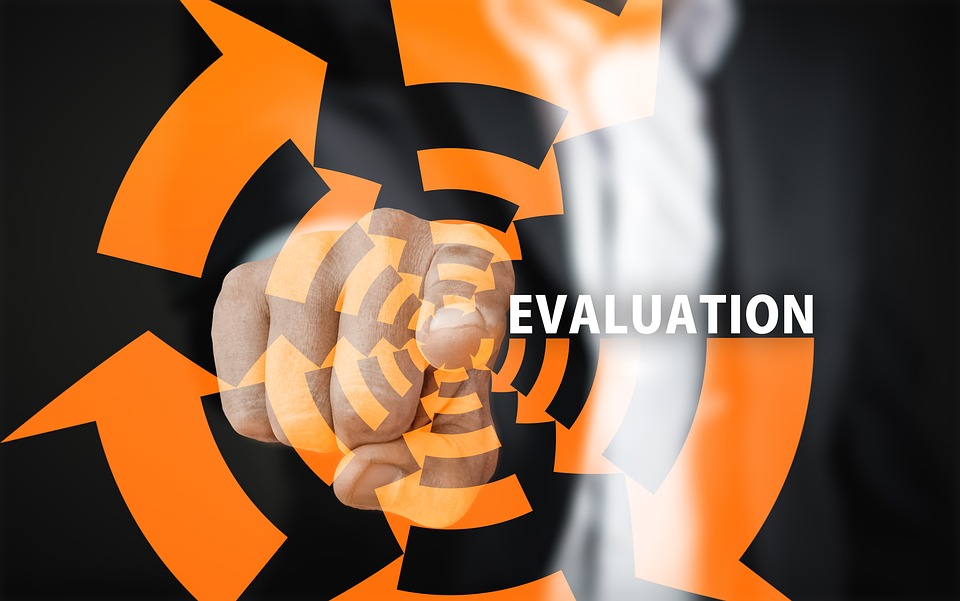10 Tips for Conducting Effective Evaluation of Educational Programs
Introduction
Evaluating educational programs is crucial for assessing their effectiveness and determining whether they are meeting their objectives. Conducting evaluations also helps in identifying areas for improvement and making data-driven decisions to enhance the quality of education provided. However, conducting evaluations can be challenging without a clear plan and guidelines. Here, we have compiled 10 tips for effectively evaluating educational programs.
1. Identify Clear Objectives
Before starting the evaluation process, it is important to clearly define the objectives of the educational program. These objectives should outline what the program aims to achieve and what outcomes are expected. Having clear objectives will help in determining what data needs to be collected and how to measure the success of the program.
2. Choose Appropriate Evaluation Methods
There are various methods for evaluating educational programs, such as surveys, interviews, observations, and test scores. Selecting the most appropriate method depends on the objectives of the evaluation and the type of data needed. For example, surveys can be useful for collecting quantitative data, while interviews can provide valuable qualitative insights.
3. Develop a Data Collection Plan
Creating a data collection plan is essential for ensuring that relevant information is collected and analyzed. The plan should outline what data needs to be collected, how it will be collected, who will collect it, and when data collection will take place. Having a structured plan will help in organizing the evaluation process and ensuring that all necessary information is obtained.
4. Establish Clear Evaluation Criteria
Defining clear evaluation criteria is important for measuring the success of the educational program. These criteria should be specific, measurable, achievable, relevant, and time-bound (SMART). By establishing clear criteria, evaluators can objectively assess the program’s effectiveness and determine whether it is meeting its goals.
5. Involve Stakeholders
Engaging stakeholders, such as teachers, students, parents, and administrators, in the evaluation process is crucial for obtaining diverse perspectives and feedback. Stakeholders can provide valuable insights into the strengths and weaknesses of the program, as well as suggestions for improvement. Involving stakeholders also helps in building buy-in and support for the evaluation.
6. Analyze Data Effectively
Once data has been collected, it is important to analyze it effectively to derive meaningful conclusions. Data analysis involves organizing, interpreting, and summarizing the information collected to identify trends, patterns, and key findings. Using data analysis tools and techniques can help in drawing valid and reliable conclusions from the evaluation data.
7. Communicate Results Clearly
Communicating evaluation results clearly is essential for sharing findings with stakeholders and making informed decisions based on the data collected. Presenting results in a clear and concise manner can help in highlighting key insights, identifying areas for improvement, and informing future planning and decision-making processes.
8. Use Evaluation Findings for Continuous Improvement
The ultimate goal of evaluating educational programs is to use the findings to drive continuous improvement. The data collected through evaluations should be used to make informed decisions, implement changes, and enhance the quality of education provided. By using evaluation findings for continuous improvement, educational programs can adapt to changing needs and requirements.
9. Monitor Progress over Time
Monitoring the progress of the educational program over time is essential for tracking changes, evaluating the impact of interventions, and assessing the effectiveness of the program. By monitoring progress regularly, evaluators can identify trends, measure outcomes, and make data-driven decisions to improve the program.
10. Seek Feedback and Reflection
Seeking feedback from stakeholders and engaging in reflection are important components of the evaluation process. Feedback from those involved in the educational program can provide valuable insights and perspectives on its strengths and weaknesses. Reflection on the evaluation process can help in identifying lessons learned, best practices, and areas for improvement.
Conclusion
Conducting effective evaluations of educational programs is essential for assessing their impact, identifying areas for improvement, and driving continuous improvement. By following these 10 tips, educators and evaluators can ensure that evaluations are conducted in a systematic and data-driven manner, leading to informed decision-making and enhanced educational outcomes.
